|
Last week, President Obama created the largest protected area anywhere on Earth by quadrupling the Papahānaumokuākea Marine National Monument's size to 528,578 square miles. That area is larger than all the national parks combined! What are some benefits to protecting this portion of the ocean? Papahānaumokuākea is home to many endangered species, including sea turtles, whales and Hawaiian monk seals. Commercial fishing is banned within the expansion area, non-commercial fishing is allowed in the monument region by permit. Click here to learn more about this new marine reserve!
0 Comments
Scientists have discovered a new planet that they think is similar to Earth, but it's 4.2 lights years away! They are calling the new planet Proxima b. Read more about it here!
Video: Reuters
Using radiocarbon dating techniques, scientists have found that a Greenland shark, a 5 meter long predator, may live to be more than 400 years old. This makes the Greenland shark the longest living vertebrate by at least 100 years. Scientists believe that cold water can help these sharks live longer because it may slow down their growth rate and biochemical activity.
Fun facts:
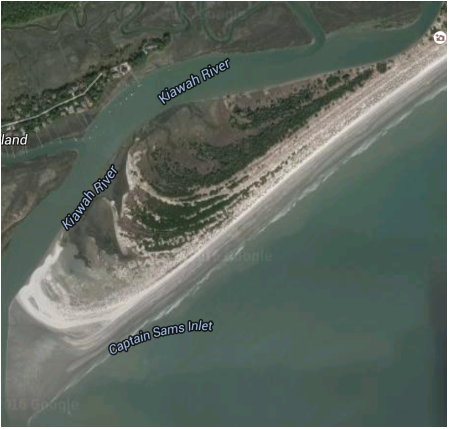 Captain Sam's Spit. Note the neck is very narrow. Captain Sam's Spit. Note the neck is very narrow. Beautiful barrier islands occupy the coast of South Carolina. A major issue that faces these barrier islands is erosion. While parts of barrier islands may collect lots of sands, some portions are undergoing significant erosion, essentially washing away. This is what is happening to the neck of Captain Sam's spit. A survey came out showing the neck is eroding on the riverbank faster than its beach is accreting. The state House of Representatives passed a bill that would prevent builders from building closer to the ocean. Katie Zimmerman, Coastal Conservation League said that this is a big step towards protecting homeowners, and protecting the public beach. It also will help keep certain areas undeveloped and protect the ecosystems found on these islands. Learn more here! Jupiter's moon Europa could have right chemical balance to support life, Nasa study finds5/23/2016 A NASA study has discovered that Europa, one of Jupiter's moons, may be able to support life. This new study has found that the salty oceans of Europa can produce key elements for life, namely hydrogen and oxygen. The study also revealed that Earth and Europa actually have the same chemical composition and produce oxygen at the same rate relative to hydrogen. Scientists are planning to send a space craft to Europa by the year 2020 in order to learn even more about this moon.
Learn more here! 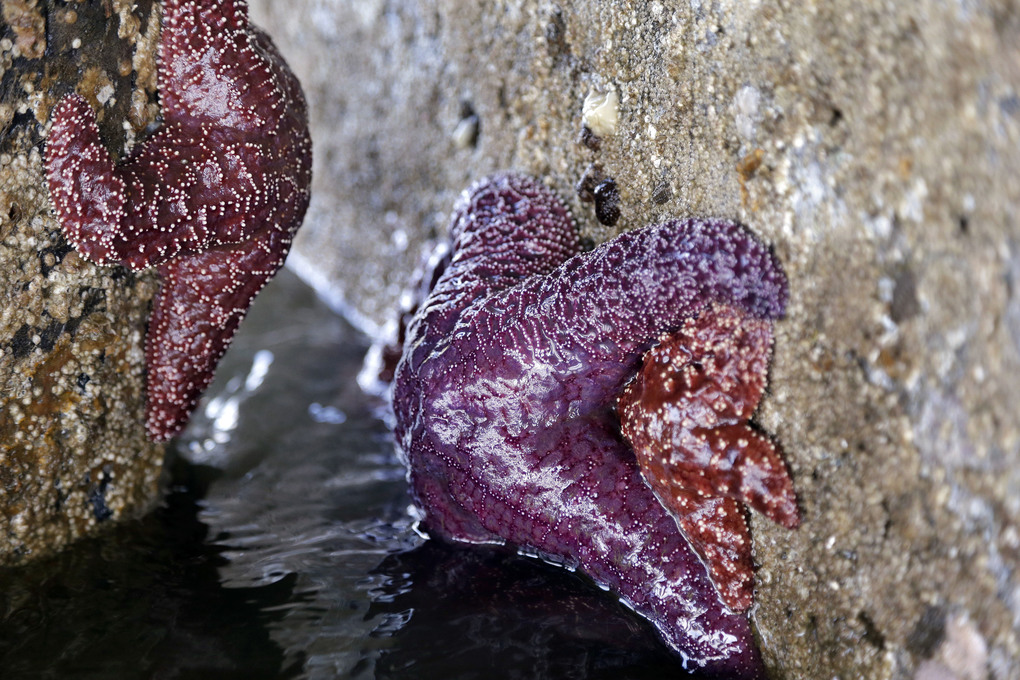 Elaine Thompson / The Associated Press Elaine Thompson / The Associated Press In 2013, a sea star epidemic began sweeping through the intertidal zone along the west coast of America. Sea stars affected by a disease (known as the sea star wasting disease) would appear to "melt", losing their grips on rocks and then losing their arms. The cause of the epidemic is a complete mystery. While the disease has wiped out a vast majority of the sea star population along the west coast, an unprecedented amount of juvenile sea stars were found to have survived the summer and winter of 2015. The number of juveniles found was almost 300 times the normal amount. This is great news for sea star populations. Hopefully these babies survive competition for food, predation and the sea star wasting disease itself! Researchers have discovered four new species of weevils on an island near Papua New Guinea. They have decided to name one of them after the famous Star Wars character Chewbacca. Trigonopterus chewbacca is a tiny black, flightless beetle. It's definitely not as big as Chewbacca, but scientists observed that this beetle has dense, hairlike scales covering it heads and legs, which look just like Chewbacca's fur!
Did you know there are other animals named after Star Wars characters? There is a moth named after Wookies, a wasp named after Yoda, and even a slime mold beetle named after Darth Vader! -Science Educator, Malia Cannan 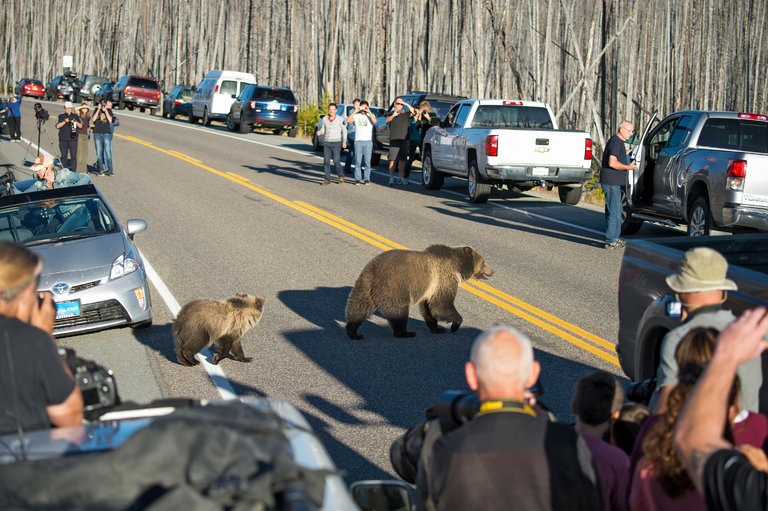 Bears cross road in Yellowstone National Park. Photo: Jeff Vanuga/Minden Pictures Bears cross road in Yellowstone National Park. Photo: Jeff Vanuga/Minden Pictures There has been recent debate whether the Yellowstone grizzly bear should be removed from the endangered species list. These creatures were listed as threatened under the Endangered Species Act in 1975, when only about 100 to 200 of them existed in the park's area. While their numbers have slowly increased over the past 35 years (to about 700 bears today), the grizzly bear is still at risk with slow reproduction rates and declining food sources. If these bears are delisted, hunting of these large mammals will surely return. What do you think about this? Learn more here! Scientists have created a new extremely black material that can turn water into steam without boiling it. The material is a scaffold with tiny channels known as "nanopores" with gold nanoparticles in it. When the scaffold is filled with water, light will react with the nanoparticles that will excite electrons, creating heat which can boil the water on its own. Not only is this a great development in desalination (turning salt water into freshwater), but also in developing steam as a form of energy. Read more about it here!
Written by Malia Canaan 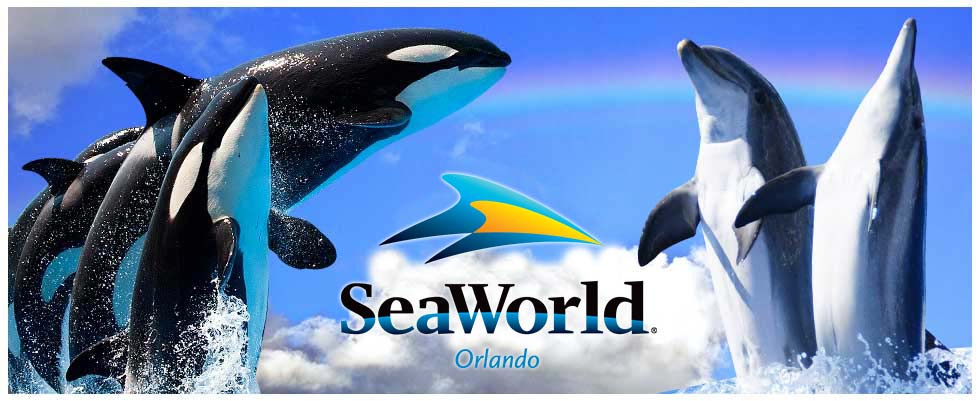 SeaWorld announced that it will eventually shut down its iconic Orca show and stop breeding these large mammals. Read more about SeaWorld's CEO Joel Manby's decision here. |
Science headlinesCheck out some of the latest in science news! Archives
August 2016
Categories |
| Patriots Point Education Department | Science in the news |
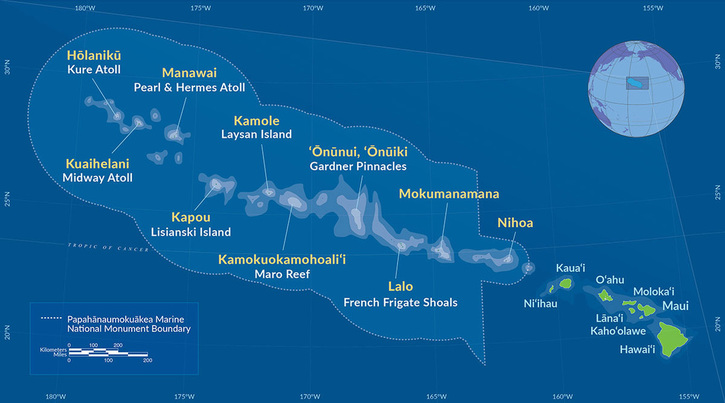
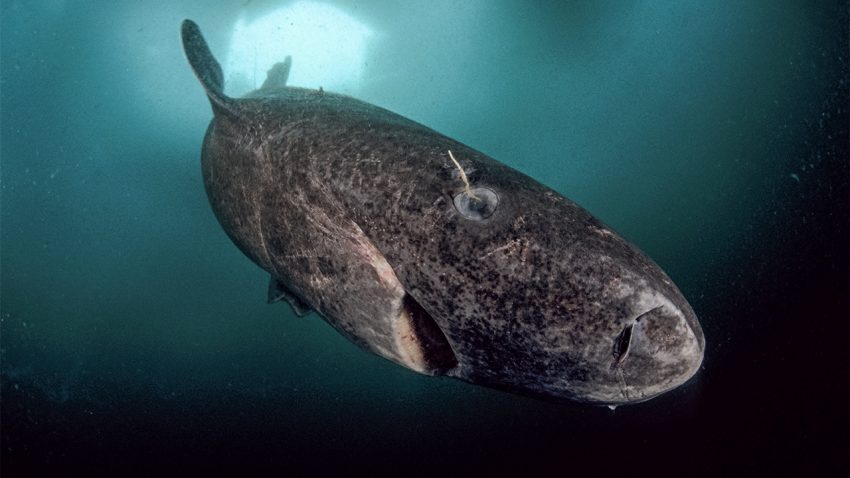
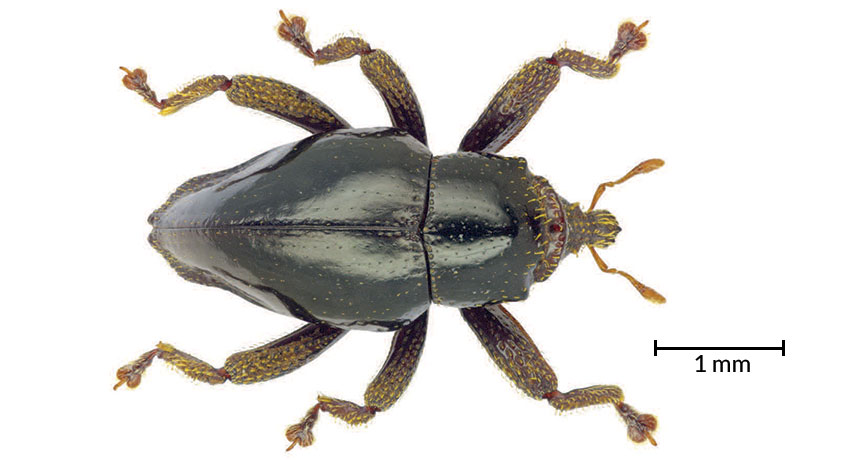
 RSS Feed
RSS Feed